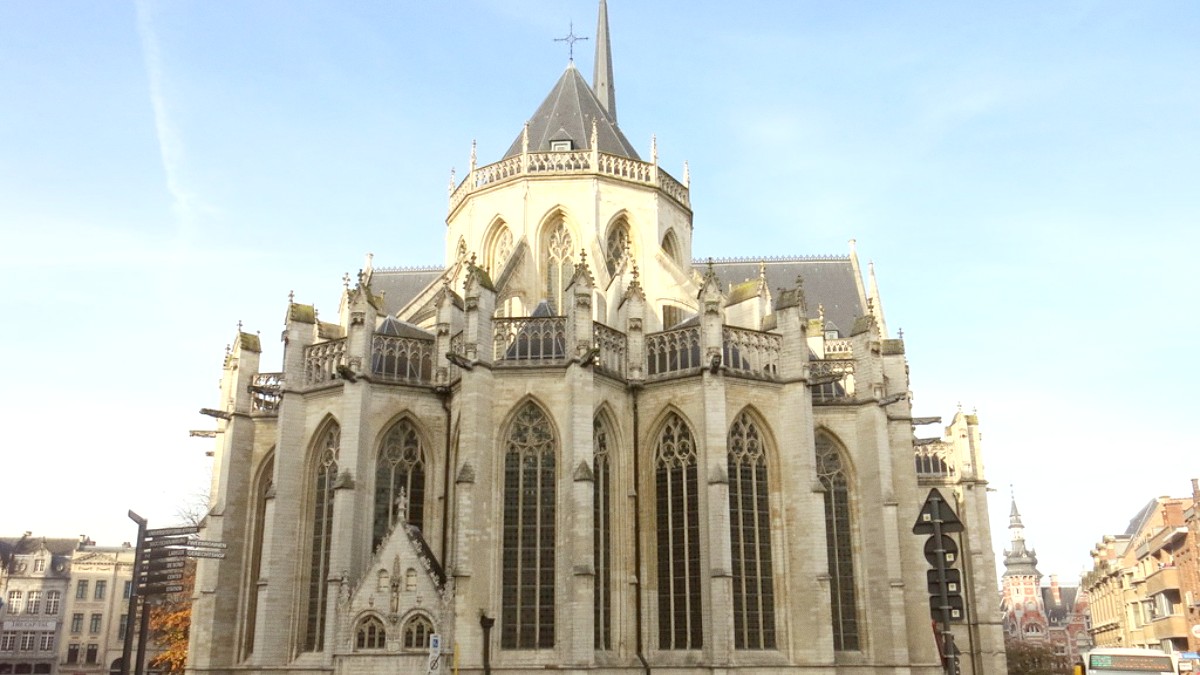
Belgium
Public transportation within Leuven and the surrounding Flemish region falls under the management of De Lijn. This company operates an extensive bus network that serves the city center, residential areas, university campuses, and connects to nearby towns. Buses are modern and generally reliable.
De Lijn presents various ticketing options for different travel needs. Newer De Lijn buses generally offer low-floor design, making them accessible for wheelchairs and strollers.
Leuven's compact, pedestrian-friendly city center makes walking excellent. Areas like Grote Markt and Oude Markt are car-free.
Leuven shows itself as a highly bicycle-friendly city with dedicated bike lanes. Cycling is popular for locals and students.
Historic cobblestone streets present challenges for mobility issues. Newer De Lijn buses are generally accessible. Check venue accessibility beforehand.
Car rental finds less common use for exploring Leuven itself. It proves useful for day trips or wider regional exploration. Major international companies operate from Brussels Airport (BRU) or Brussels city.
You need a valid driver's license. An International Driving Permit (IDP) finds recommendation for non-EU licenses. A credit card for the deposit and minimum age requirements (21 or 25, young driver surcharges possible).
Blue-bike, a popular bike-sharing system, is at Leuven train station (€4.50/24 hours). Several independent shops in Leuven offer bicycle rentals for various durations. This includes helmets and route advice.
Leuven's size generally limits the need for specialized tourist transportation options found in larger cities.
Leuven does not have unique transport systems like cable cars or funiculars. The city's terrain is relatively flat.
Drivers must drive on the right side of the road. Seatbelts are mandatory for all occupants. Mobile phone use is only allowed with a hands-free system.
Leuven's city center is very compact and largely pedestrianized, ideal for walking. The city has a good network of dedicated bike lanes.
For efficient navigation, organize your daily sightseeing by geographical area. Group attractions that sit close to each other to minimize travel time and maximize your exploration of each neighborhood.